Jordan Bardella And The 2027 French Presidential Election: A Realistic Assessment
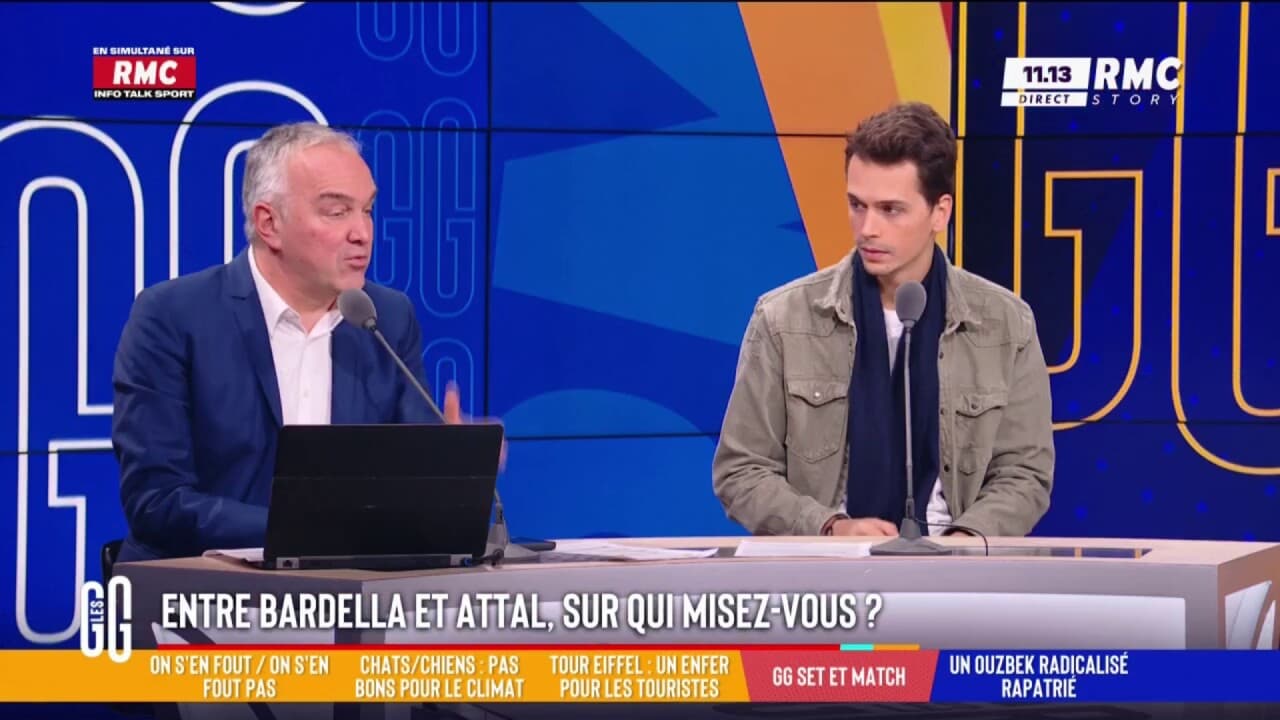
Table of Contents
Bardella's Strengths: Building a Path to the Élysée
Youthful Appeal and Modern Image
Bardella’s youth is a significant asset. In a political climate increasingly concerned with generational change, his modern image contrasts sharply with the often perceived staid nature of established politicians. He leverages social media expertly, engaging directly with younger voters through platforms like TikTok and Instagram, a strategy notably absent from many older candidates. His use of short, impactful videos and interactive content has resonated strongly, successfully circumventing traditional media gatekeepers. This modern communication approach is crucial in reaching a demographic often disillusioned with traditional politics.
- Effective use of social media: Targeted campaigns on platforms favored by younger voters.
- Direct engagement: Interactive Q&A sessions and live streams.
- Modern messaging: Short, impactful content designed for quick consumption.
Internal Party Positioning
Bardella's position within the RN is pivotal. As the current president, he's strategically positioned to succeed Marine Le Pen. However, securing the nomination won't be automatic. He must navigate internal power dynamics and potentially appease various factions within the party. His ability to consolidate support and unify disparate elements of the RN will be crucial in his campaign. Any internal strife could severely weaken his overall standing.
- Succession planning: Securing the official nomination from within the RN.
- Factional unity: Consolidating support across the party's diverse wings.
- Relationship with Marine Le Pen: Maintaining a balance between loyalty and independent leadership.
Economic and Social Policies
Bardella's policy platform is a key determinant of his electoral appeal. He advocates for policies focused on protecting French national identity, strengthening the economy through support for small businesses, and addressing concerns about immigration and security. These resonate with specific segments of the population, particularly those who feel left behind by globalization and traditional political parties. A detailed comparison of his positions with other potential candidates is necessary to fully assess his competitiveness.
- Immigration and security: Focusing on border control and national security.
- Economic policies: Support for small businesses and protectionist measures.
- Social welfare: Addressing concerns about the cost of living and social inequality.
Bardella's Weaknesses: Obstacles to Overcome
Lack of Executive Experience
A major hurdle for Bardella is his relative lack of executive experience. While his political career has been impressive, he lacks the seasoned governmental experience possessed by many previous presidential candidates. This lack of experience could be perceived as a weakness by voters seeking a proven leader capable of navigating complex governmental issues.
- Limited ministerial experience: Absence of a track record in significant government roles.
- Comparision to other candidates: His lack of experience compared to candidates with established records.
- Building credibility: The need to demonstrate competence in handling complex governmental issues.
Extremist Label and Public Perception
The RN carries a historical association with extremism, a significant challenge for Bardella. He needs to successfully rebrand the party and distance it from its controversial past, appealing to a broader electorate beyond its core base. Any controversies or public criticisms could significantly hinder his campaign and reinforce negative public perception.
- Overcoming historical image: Modernizing the party's image and messaging.
- Addressing controversial policies: Finding ways to mitigate concerns about the RN's past.
- Broadening appeal: Attracting voters from beyond the RN's traditional base.
Electoral System and Competition
The French electoral system presents inherent difficulties. Reaching the second round requires securing a significant share of the vote in the first round, and even then, facing a strong opponent in the runoff would be challenging. The 2027 landscape will likely include several strong contenders from various political parties. Potential alliances and the overall political climate will greatly influence his success.
- Two-round system: The difficulty of navigating the two-round voting process.
- Key opponents: Identifying and assessing the strengths of potential rivals.
- Potential alliances: The possibility of forming alliances to improve his chances.
Predicting the Future: Scenarios for 2027
Best-Case Scenario
In a best-case scenario, Bardella effectively leverages his youthful appeal and modern communication skills, successfully rebrands the RN, and capitalizes on disillusionment with established parties. He navigates internal party politics smoothly, builds strong alliances, and presents a compelling policy platform that resonates with a broad segment of the electorate. This could lead him to a strong showing in the first round and a potential victory in the second.
Worst-Case Scenario
A worst-case scenario involves internal party divisions, lingering negative perceptions of the RN, and a strong showing from other candidates who effectively counter his messaging. Controversies and public criticism could damage his image, and a lack of executive experience might be exploited by his opponents, limiting his electoral appeal and leading to a poor performance in the election.
Most Likely Scenario
Realistically, Bardella faces an uphill battle. While his youth and modern communication style are significant assets, the RN's historical image and his lack of executive experience remain considerable obstacles. His success hinges on his ability to effectively address these weaknesses and capitalize on his strengths. A strong first-round showing, but ultimately losing in the second round, seems a more likely outcome based on current trends.
The Jordan Bardella Presidential Bid: A Concluding Assessment
Jordan Bardella presents a fascinating case study in modern French politics. His strengths are undeniable, especially his appeal to younger voters and his savvy use of modern media. However, his weaknesses—primarily the RN’s historical image and his relative lack of experience—pose significant challenges. While a presidential victory in 2027 appears unlikely, his candidacy is undeniably significant. His performance will shape the future of the RN and influence the broader political landscape. Stay informed about the evolving landscape of the 2027 French Presidential Election and the potential candidacy of Jordan Bardella by following [link to relevant news source or blog]. #FrenchElections2027 #JordanBardella #RassemblementNational

Featured Posts
-
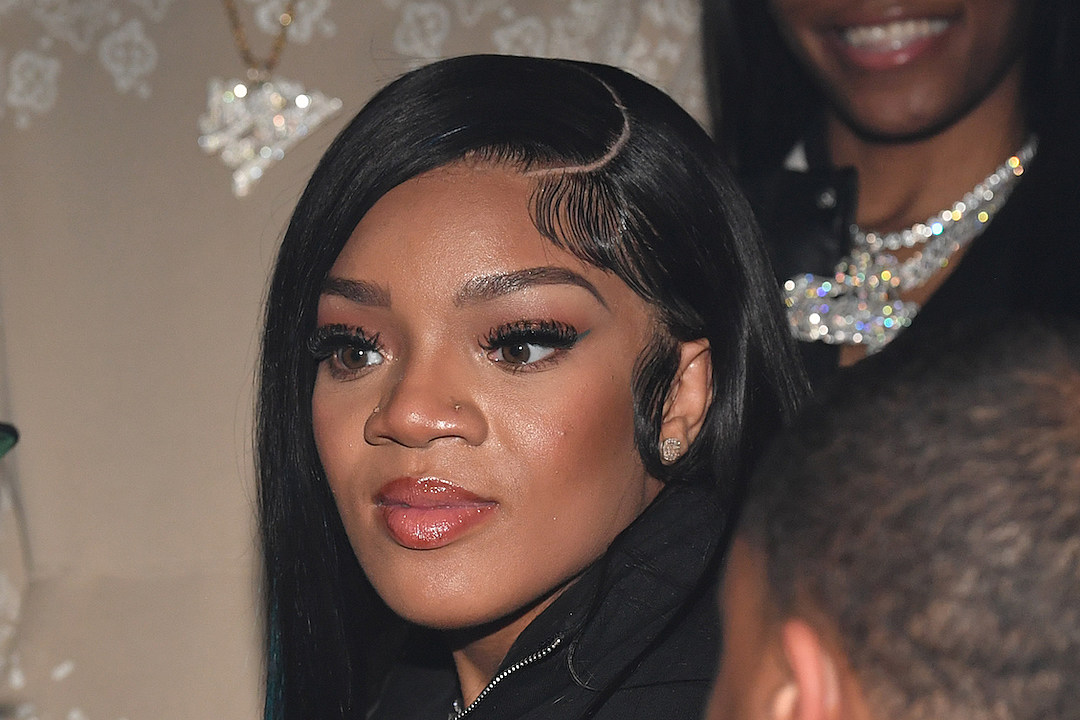 Amsterdam City Faces Lawsuit Residents Cite Tik Tok Induced Overcrowding At Local Business
May 24, 2025
Amsterdam City Faces Lawsuit Residents Cite Tik Tok Induced Overcrowding At Local Business
May 24, 2025 -
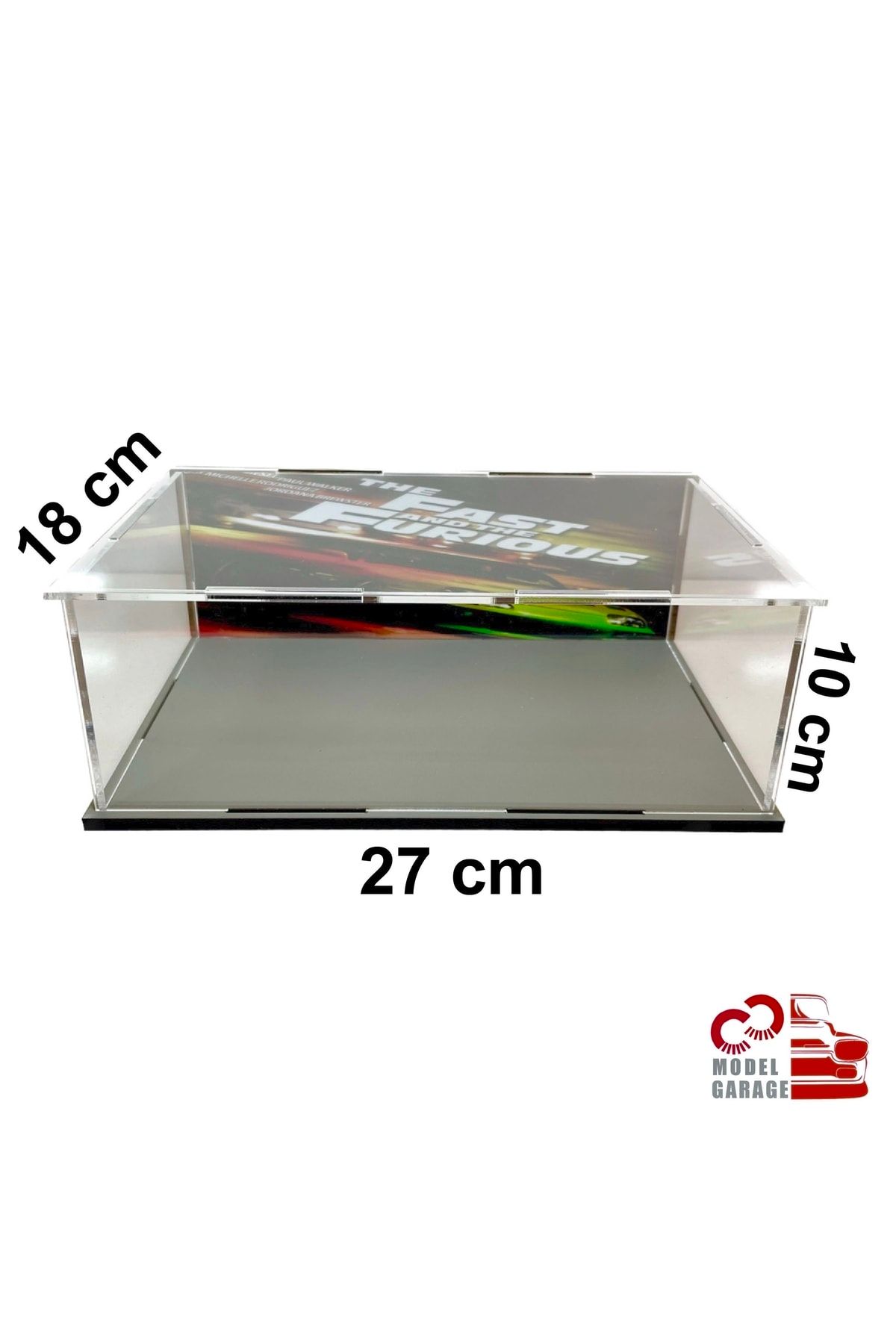 Muezelerde Araba Sergileme Teknikleri Porsche 956 Oernegi
May 24, 2025
Muezelerde Araba Sergileme Teknikleri Porsche 956 Oernegi
May 24, 2025 -
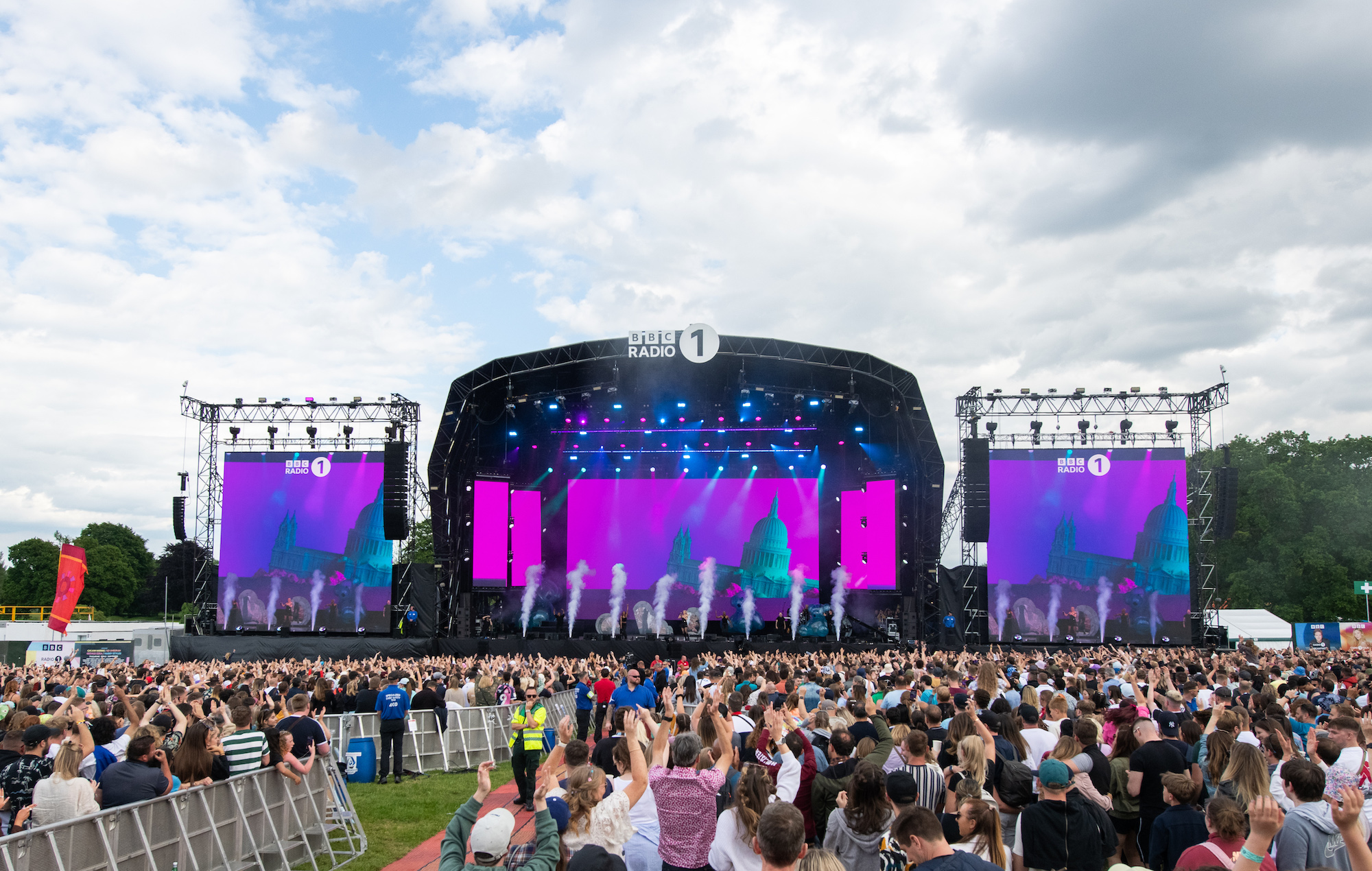 Buying Bbc Radio 1 Big Weekend 2025 Tickets A Practical Guide
May 24, 2025
Buying Bbc Radio 1 Big Weekend 2025 Tickets A Practical Guide
May 24, 2025 -
 Exploring The Undervalued Aspects Of News Corps Business Portfolio
May 24, 2025
Exploring The Undervalued Aspects Of News Corps Business Portfolio
May 24, 2025 -
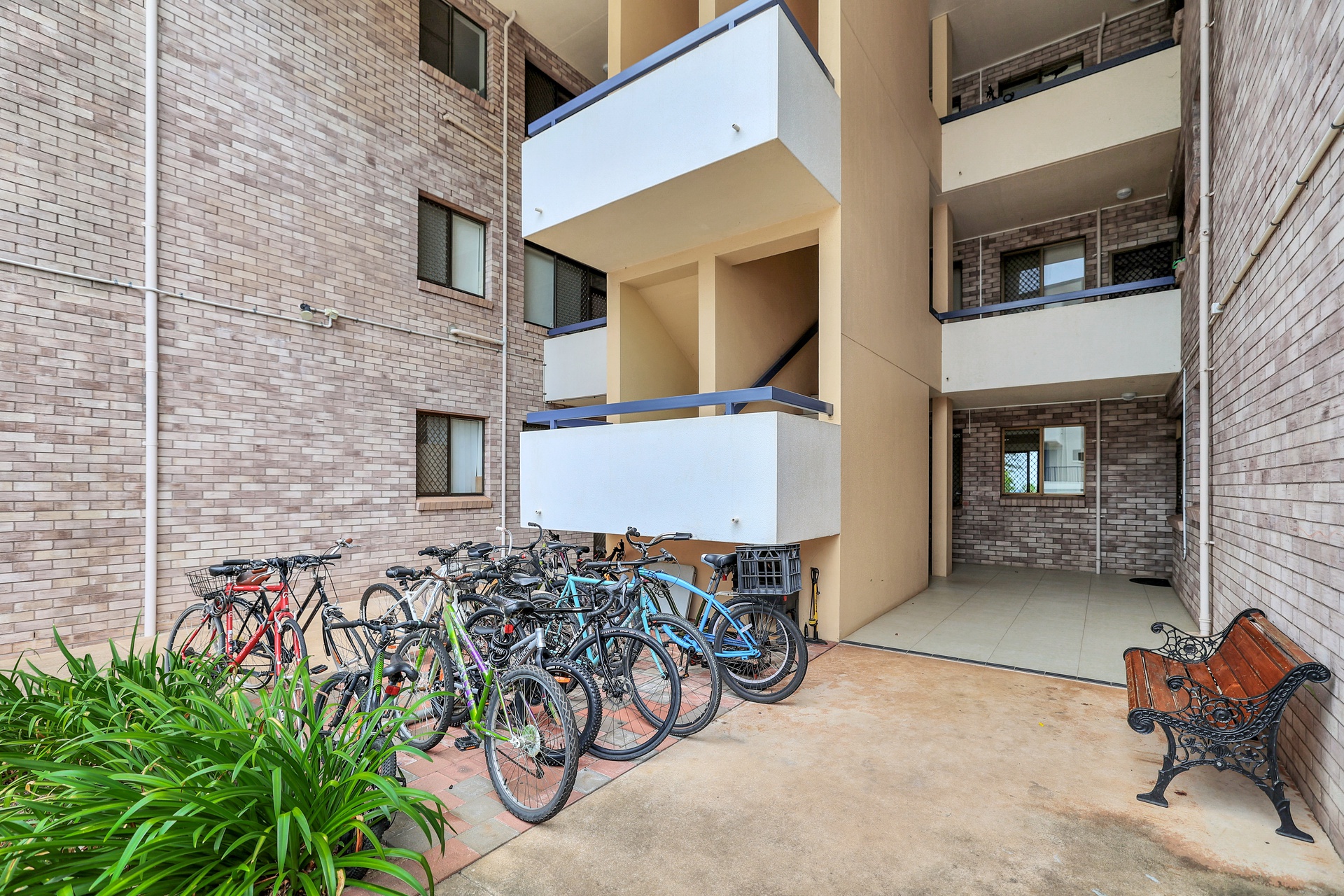 Death Of Shop Owner In Nightcliff Darwin Teenager Charged
May 24, 2025
Death Of Shop Owner In Nightcliff Darwin Teenager Charged
May 24, 2025
Latest Posts
-
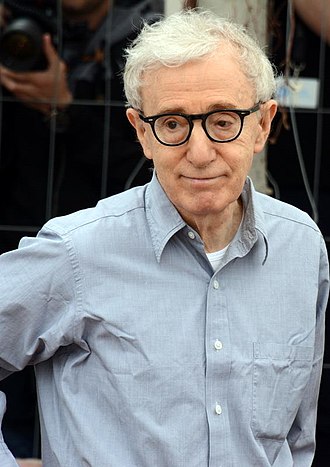 Woody Allen Sexual Assault Case Sean Penn Expresses Doubts
May 24, 2025
Woody Allen Sexual Assault Case Sean Penn Expresses Doubts
May 24, 2025 -
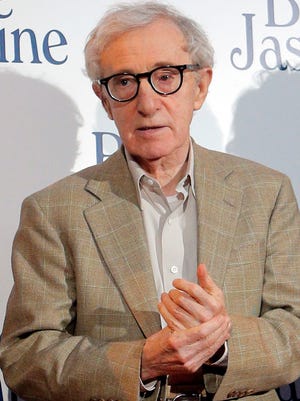 Dylan Farrows Accusations Against Woody Allen Sean Penns Skepticism
May 24, 2025
Dylan Farrows Accusations Against Woody Allen Sean Penns Skepticism
May 24, 2025 -
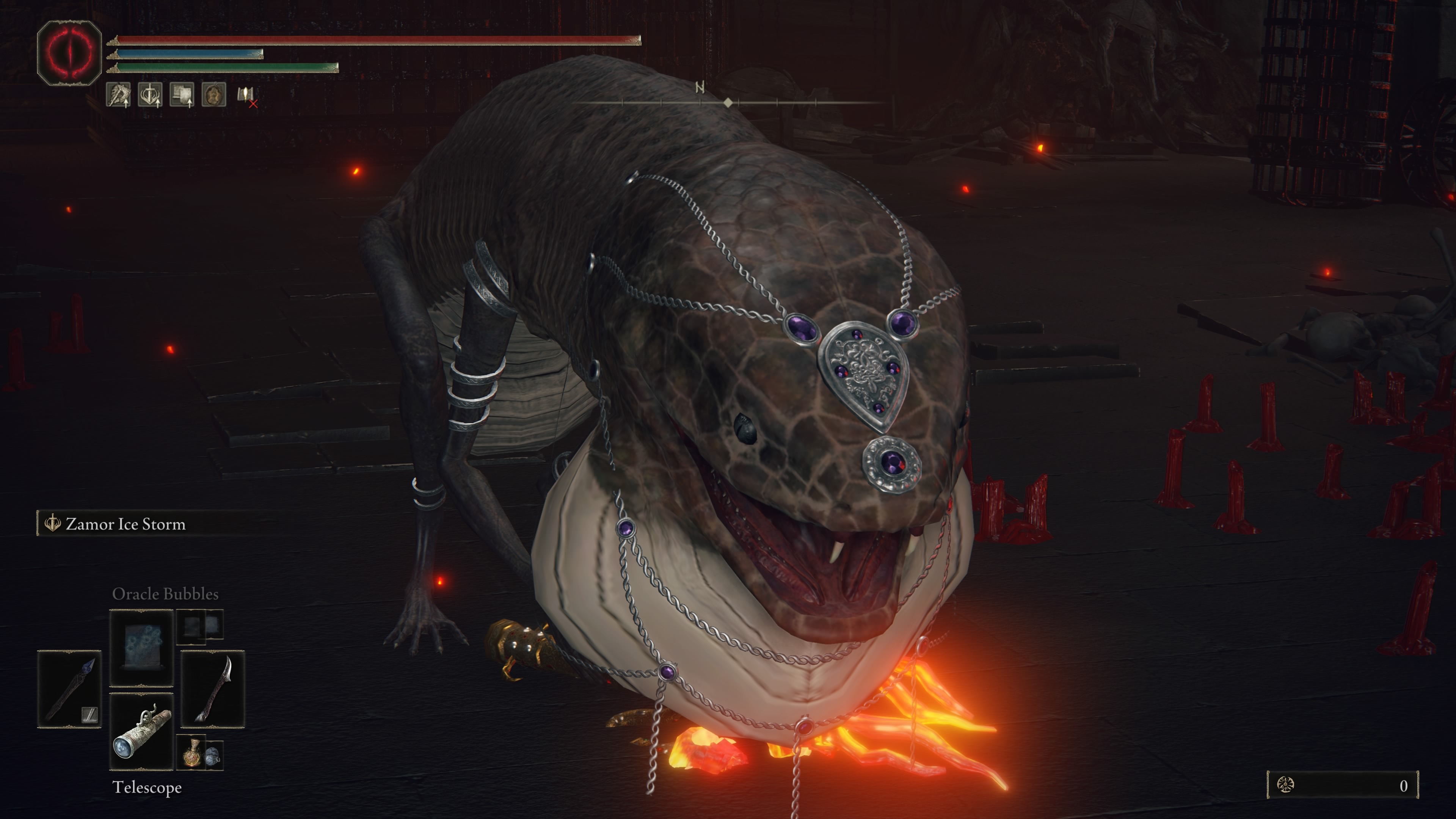 Famous Faces 17 Careers Tarnished Instantly
May 24, 2025
Famous Faces 17 Careers Tarnished Instantly
May 24, 2025 -
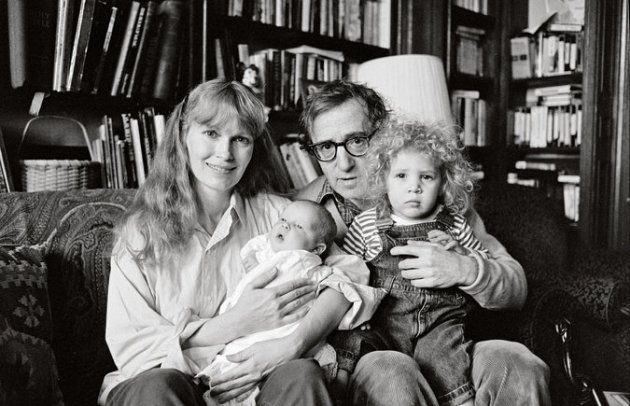 A Different Perspective Sean Penn On The Woody Allen And Dylan Farrow Case
May 24, 2025
A Different Perspective Sean Penn On The Woody Allen And Dylan Farrow Case
May 24, 2025 -
 Sean Penn Casts Doubt On Dylan Farrows Sexual Assault Claims Against Woody Allen
May 24, 2025
Sean Penn Casts Doubt On Dylan Farrows Sexual Assault Claims Against Woody Allen
May 24, 2025
